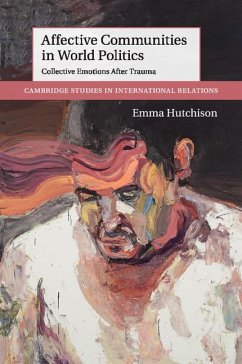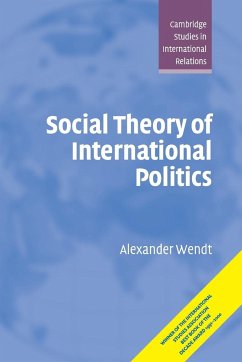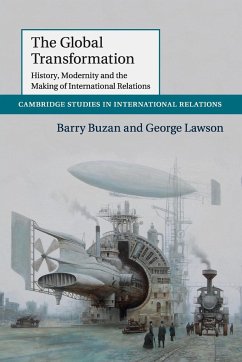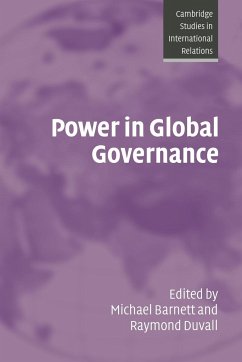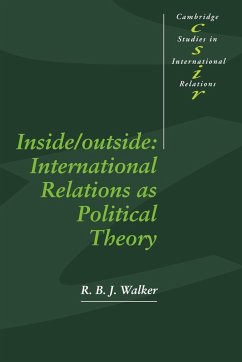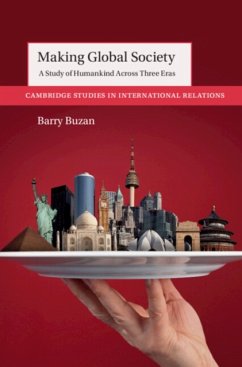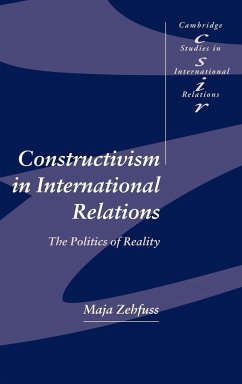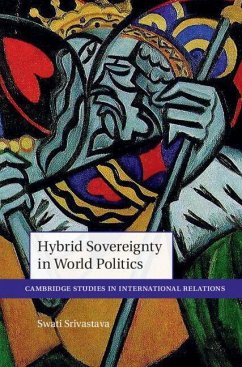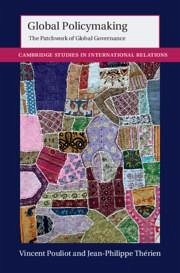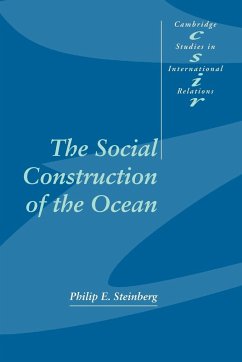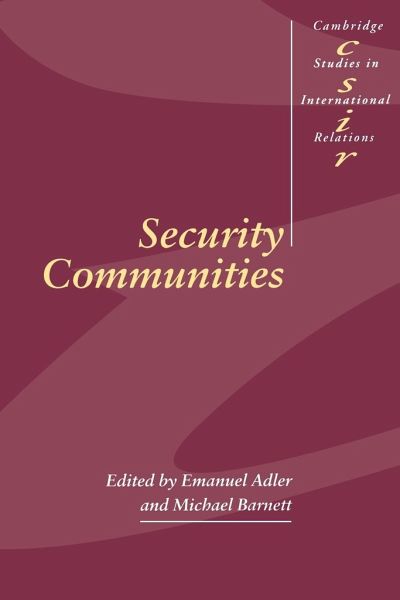
Security Communities
Versandkostenfrei!
Versandfertig in 1-2 Wochen
56,99 €
inkl. MwSt.
Weitere Ausgaben:

PAYBACK Punkte
28 °P sammeln!
This book argues that community can exist at the international level, and that states dwelling within an international community have the capacity to develop a pacific disposition. The contributors provide an exhaustive regional and historical survey of the possibilities for peaceful relations between states.





